The Girl: I think it’s wonderful that you’re married. I think it’s just elegant.
Richard Sherman: You do?
The Girl: Of course. I mean, I wouldn’t be lying on the floor in the middle of the night in some man’s apartment drinking champagne if he wasn’t married.
Richard Sherman: That’s an interesting line of reasoning.
Ah, sweltering New York summers, sipping champagne with flirty neighbors, creative ways to cool off (think subway-grate breezes and a billowy white dress) and the gorgeously radiant comic genius, The Girl aka Marilyn Monroe. Come and see her on the big screen in “The Seven Year Itch” on Wednesday, June 25, at Laemmle Royal Theatre, part of the Anniversary Classics Series.
Based on George Axelrod’s 1952 play and co-starring Tom Ewell, reprising his stage role, the film was well received, though director Billy Wilder, who co-wrote the screenplay with Axelrod, felt hindered by the Hays Code. Nevertheless, Monroe’s captivating, charismatic performance makes the movie well worth watching.
Can you think of a better way to spend a Los Angeles summer night? We at FNB cannot.





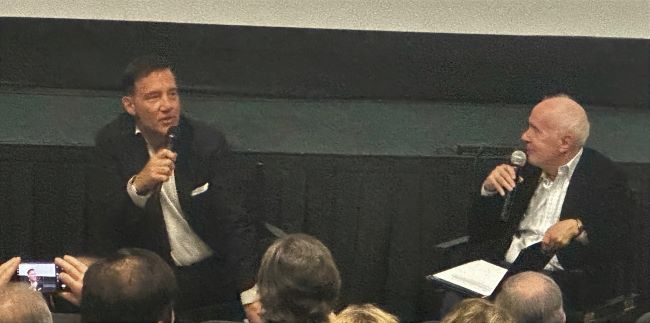
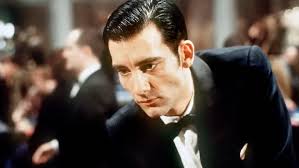
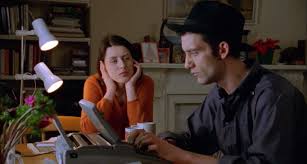
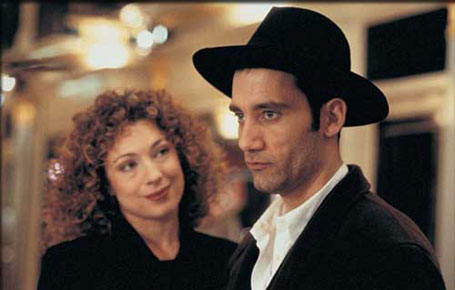
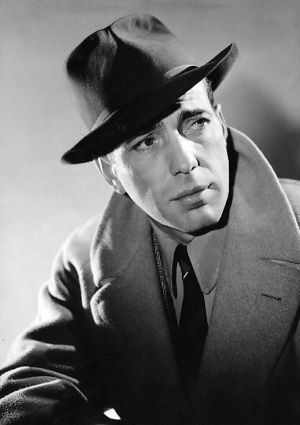
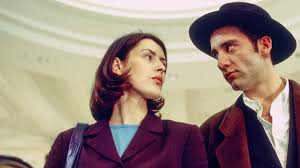
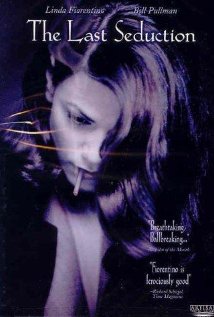
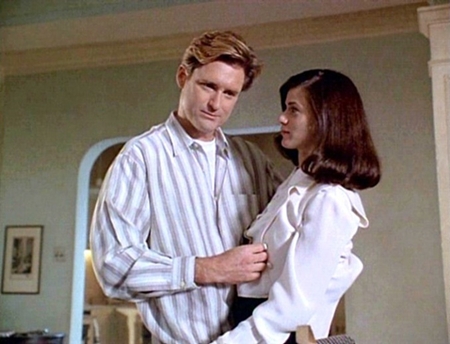
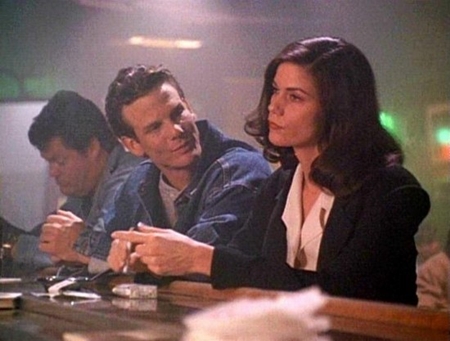
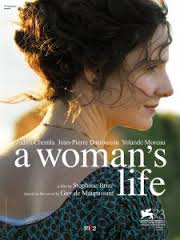





From FNB readers